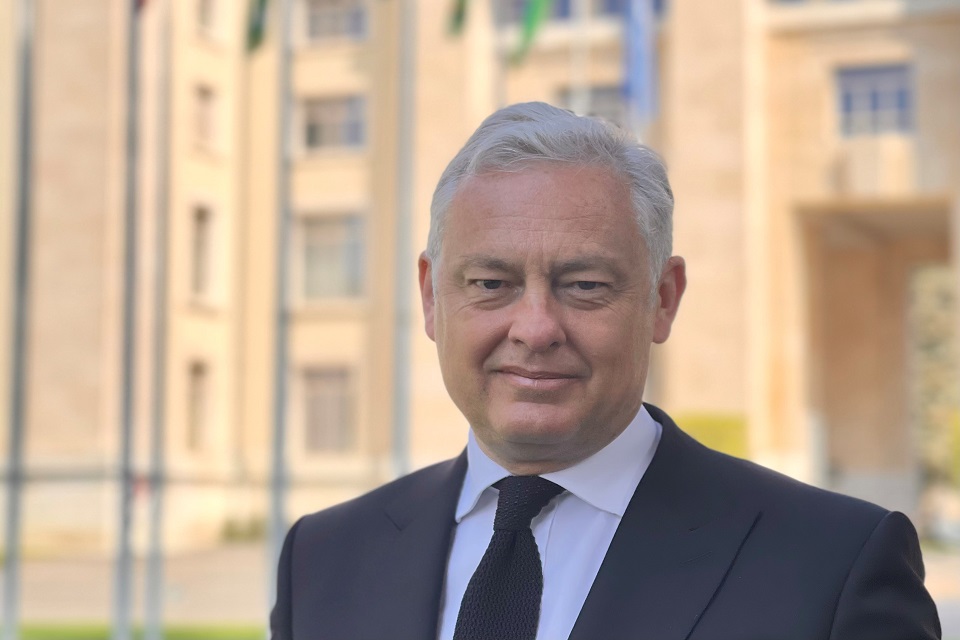74th World Health Assembly: WHO’s work in health emergencies, WHO strengthening and mental health in emergencies
The UK's Ambassador to the UN and WTO in Geneva, Simon Manley, delivered this statement during the session on WHO’s work in health emergencies, WHO strengthening and mental health in emergencies.

Thank you for the papers and presentations. The UK has been a strong advocate for the World Health Emergencies programme since its inception in 2016. The programme has achieved a huge amount in its first five years, saving countless lives and stopping dozens of health emergencies in their tracks.
COVID-19 has demonstrated, however, that we must go further and faster in strengthening global preparedness for health emergencies. Indeed, to prevent the next pandemic the UK believes that we need a paradigm shift, with a strengthened WHO; new, legally-binding obligations for member states with the means to ensure compliance, including for the IHR; and adequate, sustainable financing for pandemic prevention and preparedness.
This is why the United Kingdom strongly supports the resolutions being adopted by the World Health Assembly today.
The WHO Strengthening Resolution contains no fewer than 65 operative paragraphs, laying the foundations for immediate reform in all the most important areas, from One Health to the Emergency Committee; and from alert systems to peer reviews. It rightly calls upon Member States, as well as WHO, to strengthen preparedness. We commend the EU for its stewardship of this enormous piece of work, and we look forward to getting started together on implementation in the Working Group established by the Resolution as soon as this Assembly concludes.
The UK believes that in the longer term, we must go even further to deliver the paradigm shift we need. This is why we have worked closely with Chile, the EU and many other countries to bring to the Assembly a decision relating to a new pandemic treaty or convention. We thank delegates for their constructive and committed approach to the discussions in this area, which have enabled us to agree to hold a Special Session of the Assembly in November focused specifically on this issue. We align with the joint statement on this decision by our colleague from South Africa.
We also welcome the resolution on mental health preparedness and commend Thailand for its leadership on this important issue.
On the Health Emergencies programme specifically, at previous governing bodies we have flagged the need to strengthen functional capacities, including HR, deployment processes, administrative and reporting capacity; and increase capacity in priority countries facing emergencies.
The ongoing commission examining sexual exploitation and abuse in the DRC highlights the increased risk of such issues in context of emergencies and conflict. WHO’s systems in emergencies and in all its work must be fully equipped to prevent and respond to these abuses.
As we have heard from the reviews, the requirements on the Emergencies Programme have grown exponentially while it’s budget has grown only incrementally. This is unsustainable. The Programme must be sufficiently funded if we expect it to protect us all from health threats. This is one reason for the UK’s significant and fully flexible core contribution and we encourage others to continue to invest in this vital collective endeavour.